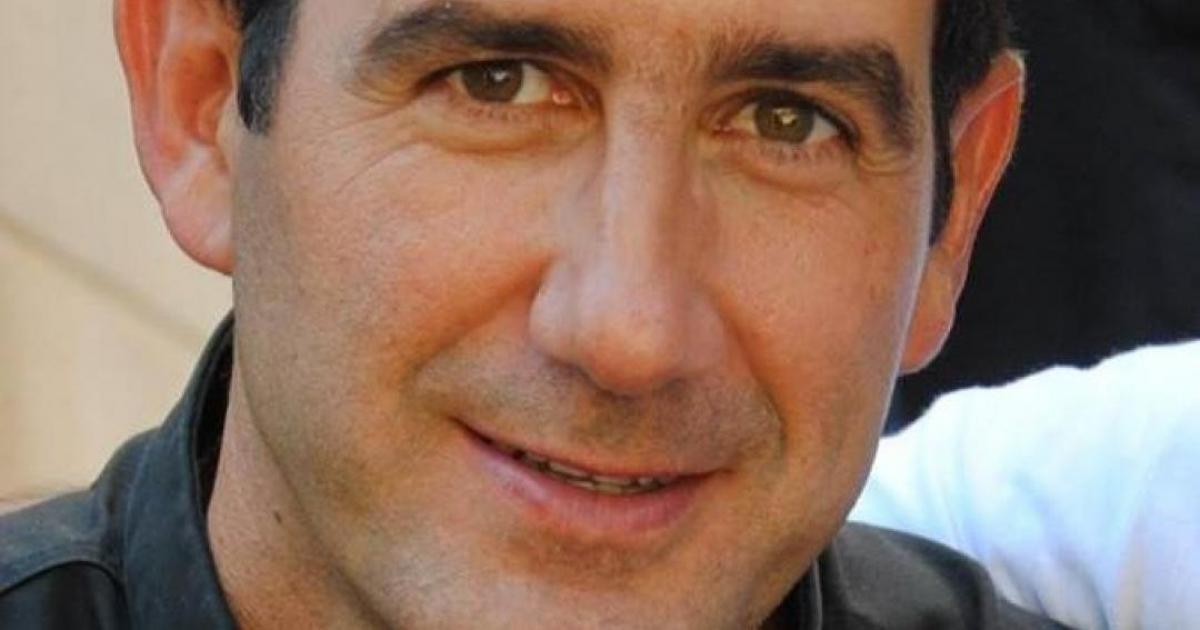Father Alberto Reyes, a fervent critic of the Cuban regime, shared a thought-provoking message this Friday, urging reflection on the stance of those who continue to defend the socialist model despite the severe crisis facing the country.
Father Reyes emphasized that loving the Marxist ideology or being a member of the Communist Party is a right, but it should not blind one to the harsh realities: daily life is exceedingly difficult, with shortages of basic goods and soaring prices, repression of those who demand political change, a collapsed educational system, and an alarming rise in violence.
Reyes, from the Diocese of Camagüey, stated on his Facebook profile that if defending an ideology means going against justice, freedom, and citizen prosperity, those who accept such demands are choosing to be complicit in wrongdoing, not out of loyalty, but out of submission and servility.
Reflection on Social Evidence vs. Partisanship
The full text of his publication, shared by CiberCuba, reads as follows:
"I've been thinking... (LXXV) by Alberto Reyes Pías
I've been pondering the difference between partisanship and social evidence.
'Catathymia' is a psychological term used to describe situations where a person experiences such an intense emotional charge that they are unable to correctly evaluate the reality in front of them, clinging to the illusions of their mind, perceiving as real what they wish to believe, rather than what truly exists. Don't we often say, for instance, that 'love is blind'?
Love, fear, uncertainty... can become so intense in humans that they make one deny the evident reality before them or evaluate it through emotions rather than reason.
Today, in Cuba, one can love the Marxist ideology, prefer the socialist model, choose the Communist Party, and dedicate one's life to our political leaders... All of this is a right, but it is a right that should not blind reason or deny the evident.
And what is evident? What does reality present to us every day?
That daily life is extremely challenging: food prices are far beyond people's purchasing power, medications are scarce or unavailable, transportation is difficult and expensive, and wages do not suffice to meet life's necessities...
That when someone publicly expresses discontent or advocates for a change in the social situation, they are threatened, harassed, or imprisoned.
That the lack of separation between legislative, executive, and judicial powers results in all power being concentrated and controlled by the party organs of the government, compromising the justice system in favor of the decisions of the ruling Party, meaning that a person who disagrees with the current political system can be unjustly and impunely condemned.
That the educational system has collapsed and is incapable of providing quality training.
That the health system is inefficient and precarious, unable to meet the medical needs of the population.
That there is an alarming rise in violence and aggression, with significant increases in forceful robberies, murders, and femicides.
That emigration has become a common reality in our families, leading to inevitable consequences of abandonment, breakups, and loneliness.
This situation can be viewed from different ideological or partisan perspectives, but it cannot be said that these issues are not evident, nor can it be denied that they desperately need solutions.
If loyalty to a Party or ideology demands that a person adopt a stance against justice, freedom, truth, and citizen prosperity, then accepting this demand is not just choosing blindness but opting to be complicit in evil. It is not loyalty but submission. It is not passion but servility, against your own people and, in reality, against yourself."
Understanding Father Alberto Reyes' Critique of the Cuban Regime
In this section, we address some pertinent questions regarding Father Alberto Reyes' critical stance on the Cuban regime and the challenges faced by the country.
Who is Father Alberto Reyes?
Father Alberto Reyes is a priest from the Diocese of Camagüey in Cuba, known for his outspoken criticism of the Cuban regime and its policies.
What are the main issues highlighted by Father Reyes?
Father Reyes points out severe economic difficulties, shortages of basic goods, repression of political dissent, a collapsed educational system, inefficient healthcare, and a rise in violence.
Why does Father Reyes criticize loyalty to the Communist Party?
He argues that loyalty to the Party should not override justice, freedom, and the well-being of citizens. He believes that such loyalty, when it blinds one to evident realities, amounts to complicity in wrongdoing.
